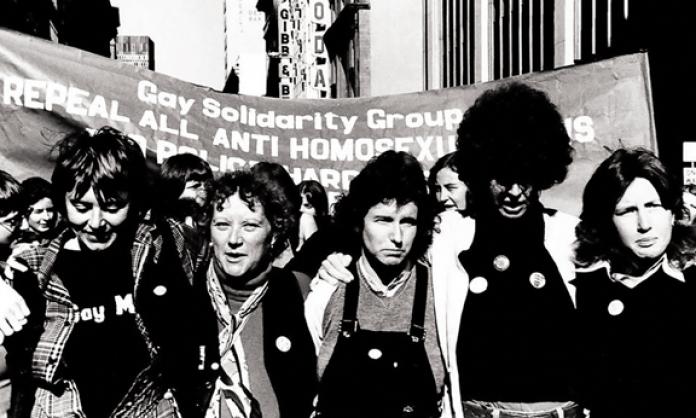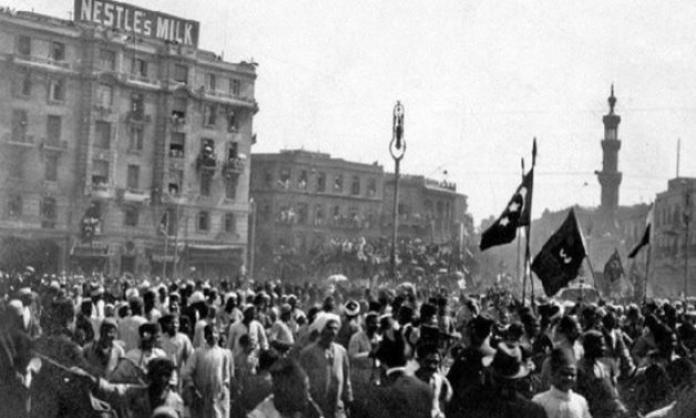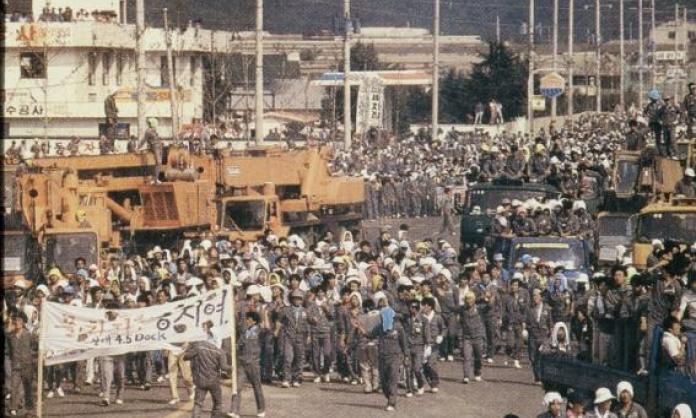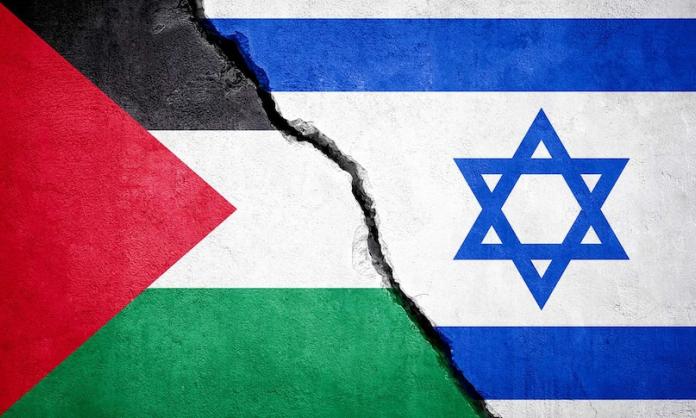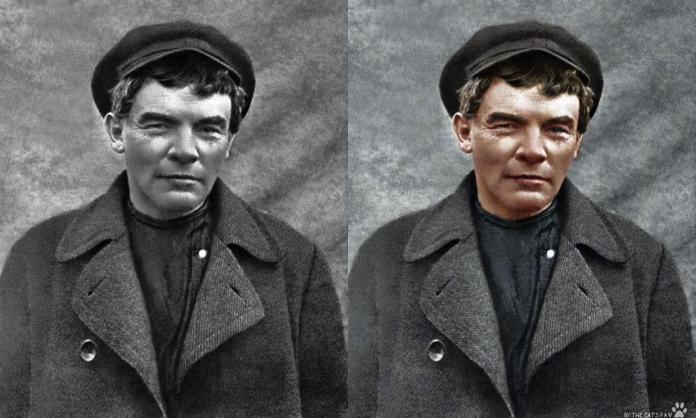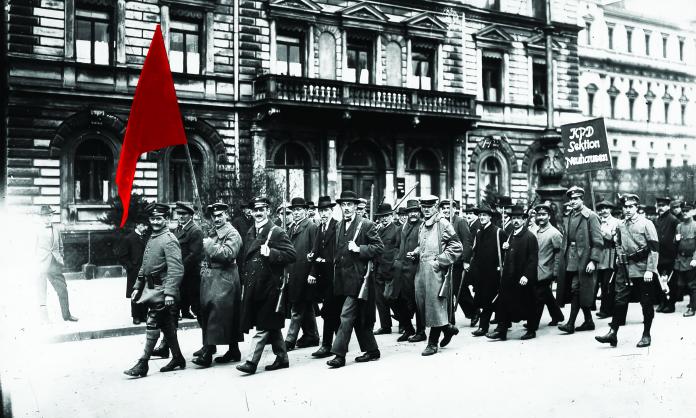Mick Armstrong:
One of the most inspiring aspects of the first Mardi Gras was that protesters were not demoralised or intimidated by the appalling police brutality. We stood up and fought back.
Hundreds of activists, both gay and straight, threw themselves into a vibrant campaign of mass meetings and protests. It was the most impressive campaign for LGBTI rights ever seen in this country and paved the way for many future victories.
It wasn’t only the brutality of the NSW police we were defying. The news media were just as vile, and it was not just the usual suspects such as the Murdoch tabloids. The supposedly respectable Fairfax-owned broadsheet Sydney Morning Herald published the names and addresses of all of us who were arrested.
Given the entrenched homophobic atmosphere of the times, this deliberate outing led to people losing their jobs, being kicked out of their homes or rented properties and being bashed and abused.
The fight back began the morning immediately after the police riot. Hundreds of us turned up at Sydney’s Liverpool Street courthouse to demonstrate in solidarity with those arrested the night before.
The mood was angry and defiant. We weren’t going to meekly cop their shit.
Eggs appeared from nowhere and began to land on the cops. I am usually a very poor throw but this time I hit the target.
I was convicted of “discharging a missile to wit an egg”. It was more than worth it.
The defiant spirit of the crowd was reflected in the fact that when I was arrested I became the centre of a major tug of war. Demonstrators determined to de-arrest me had me by the legs while the cops had me around the shoulders and neck.
It is precisely this sort of spirit we need more of if we are going to change the world.
----------
Sandra Bloodworth:
I have never forgotten the night of the first Mardi Gras in Sydney in 1978. And I wasn’t even at it! Living in Brisbane, I had only been involved with the left since August 1977.
Already I’d learnt a lot: if you want to win against repression you have to fight, cops tell lies in court and magistrates wave it through, cops are racist pigs and workers invariably support you when asked for solidarity.
That night I’d been on a picket at the wharves to try to interrupt the export of a load of uranium. I didn’t know the march was happening. I was in Sydney to attend an anti-uranium conference.
In the early hours of the morning, not long after I’d dropped into my bed in a huge communal house in Glebe (another new experience – I lived in a nuclear family), I heard voices shouting up and down the hallways. “Anyone got cash for bail?”
Staggering out with some money, I heard about the cops’ brutal attack on what was the first Mardi Gras and that there would be a protest outside the court later to support those arrested.
So I was there, outside the court. In the civil liberties campaign that had drawn me into protest politics with the left, it was common to refer to Queensland as “the deep north”. In my naivety, I wasn’t prepared for what was to come. I’d never seen cops behave so violently. They threw people over the balcony. I watched with horror as the crowd below caught them, preventing serious injury.
So now I was one firm step further along the road that brought me to what I am today, a revolutionary, committed to the overthrow of capitalism. I never looked back in doubt ever again.
----------
Liz Ross:
In Melbourne, we saw the pictures, we heard the reports. Hundreds had been arrested in the middle of a loud and lively Mardi Gras celebration as NSW police violently attacked the revellers.
At the court the following Monday, more police violence, more arrests. And then the printing of names, addresses and occupations in the Fairfax press. No wonder we were angry.
We hit the phones. Everyone we knew, got them ringing around. We’re going to protest! We’re having a march in Melbourne and we’re chanting “Stop police attacks on gays, women and blacks!”
Within a few days, 600 gays hit the streets in Melbourne – the biggest protest we’d ever had. Marching down Melbourne’s cold city streets on Friday 30 June, we told the world we weren’t going to take any more, we were fighting back.
1978 became a year of protest, especially in Sydney, with big and small protests right through the year. In Melbourne our last protest for the year was in November.
In August, 400 activists marched from the National Homosexual Conference down Oxford Street to Hyde Park to confront the Right to Life. With banners held high, we chanted all the way till we got to Taylor Square.
And there were the police! Blocking our way. Telling us to disperse, that no-one was going to Hyde Park.
We were surrounded – shops on one side, a tall iron fence on the other and police, lined up in numbers, blocking the only two ways out. I was a marshal – trying to get people to leave – but where to, how?
Then the paddy wagons drove in and minutes later people – 74 all up – were being bundled into them and driven away. I got picked on by a cop who reckoned I’d had enough to say. I never knew where my loudhailer went. Some got through, another 30 being arrested at Hyde Park.
Off to Darlinghurst cop shop, one of the worst in Sydney. We got bailed and then found our names, addresses, occupations in the Fairfax press.
We fought back. We won. The charges were dropped, we won the right to march for everyone in NSW, and we’ve celebrated Mardi Gras ever since!




